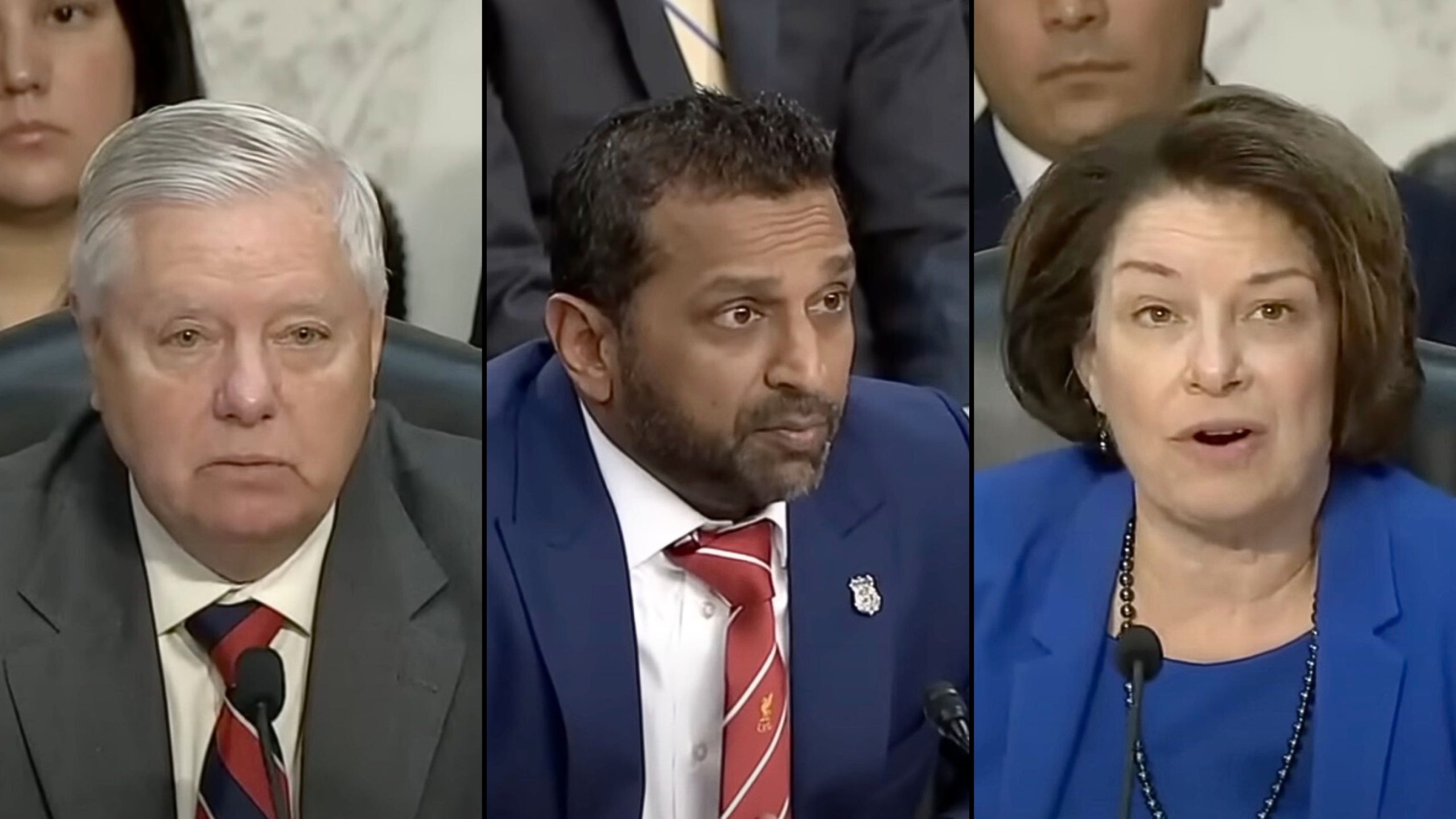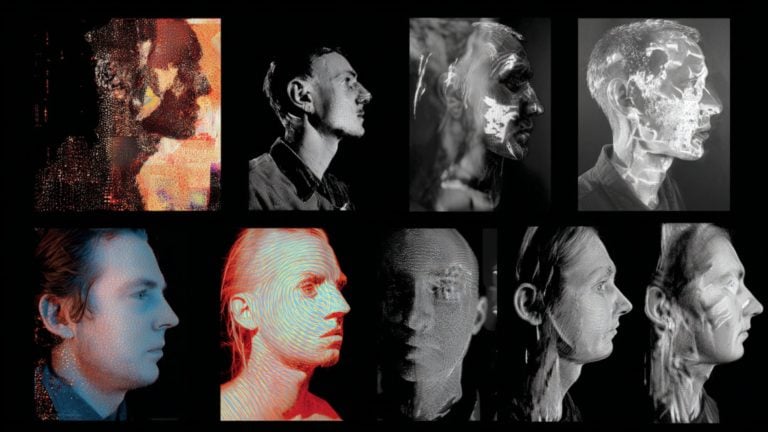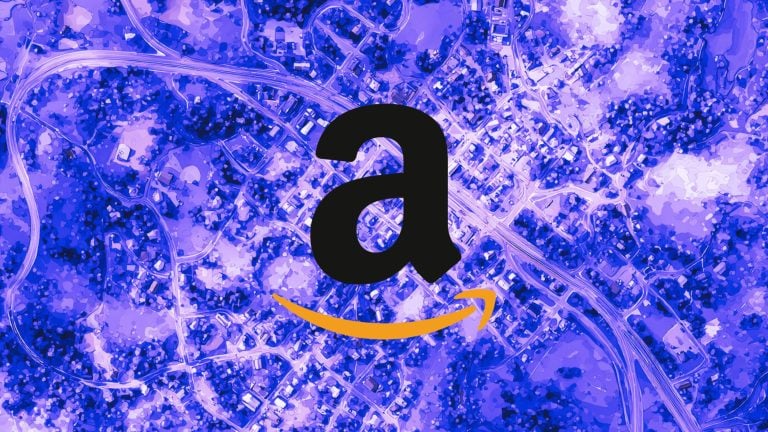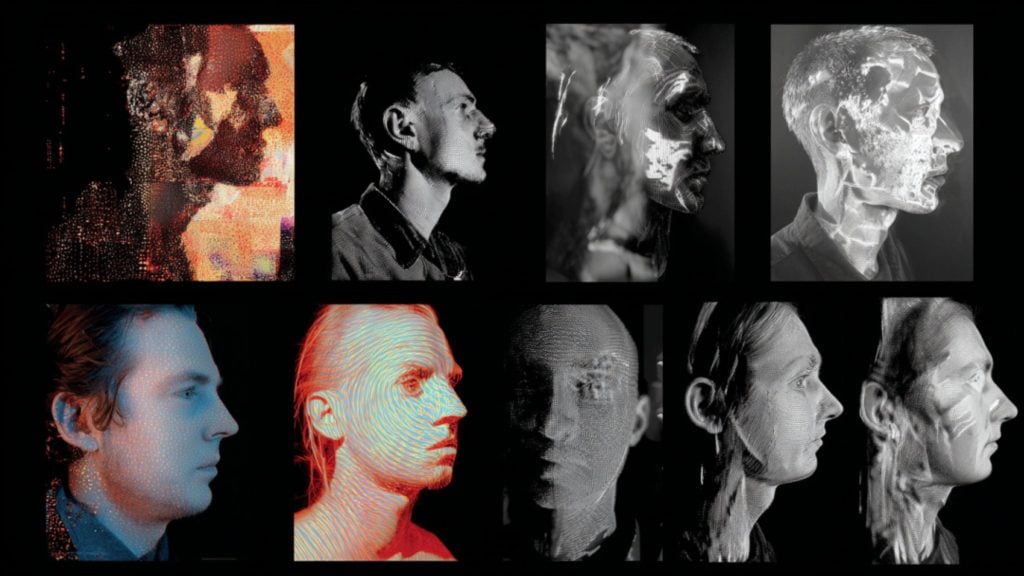During this week’s testimony before both chambers of Congress, FBI Director Kash Patel and several lawmakers made a concerted push to weaken protections for online platforms, advance surveillance partnerships, and promote government intervention in digital speech spaces.
The hearings revealed a rare bipartisan consensus around dismantling Section 230 and tightening control over how people interact and communicate online.
In the Senate, Republican Senator Lindsey Graham opened his questioning by linking online platforms to the assassination of Charlie Kirk, then repeatedly pressed Patel on whether the internet was a breeding ground for radicalization and crime.
Throughout their exchange, Graham blurred the lines between criminal behavior, such as grooming or inciting violence, and broad categories like bullying.
“Is there any law that can shut down one of these sites? For bullying children or allowing sexual predators on the site,” Graham asked.
He repeatedly implied that websites hosting objectionable content should be held legally responsible, asking, “Would you advocate a sunsetting of Section 230 to bring more liability to the companies who send this stuff out?”
Patel replied, “I’ve advocated for that for years.”
Section 230 of the Communications Decency Act is a legal provision that protects online platforms from being held liable for content posted by their users.
It allows websites, forums, and social media services to host a wide range of speech without being treated as the publisher of that content. If Section 230 were repealed or weakened, platforms would face significant legal risk for everything users say or share.
This could push companies to aggressively censor user content to avoid lawsuits, leading to broader suppression of speech, fewer places for open dialogue, and less room for dissenting or controversial viewpoints online.
When Graham demanded action against platforms that allow bullying or grooming, Patel suggested that platforms cannot be sued under current law, adding that the explosion of AI-generated abusive material had worsened the problem.
Note that Section 230 does not give platforms immunity from federal criminal law. If a website is knowingly hosting or involved in illegal content, such as child exploitation, terrorism, or sex trafficking, it can already be held criminally liable under existing statutes.
Patel called the situation a “public health hazard” and stated, “I think not only are some of these sites designed to be addictive, unfortunately, the reality is some of these sites are designed to generate income, and many people are generating income based on this illegal trade.”
The hearing offered no engagement with the consequences of gutting Section 230. Instead, there was a clear push to strip away those protections in the name of safety.
Senator Amy Klobuchar, a Democrat, echoed that sentiment. “For years I have supported repealing Section 230,” she said, arguing that the law is outdated and was crafted for a different era.
While she prefaced her comments by claiming to oppose censorship, her solution was the same as Graham’s: eliminate legal protections for platforms to create a “better environment online.”
Klobuchar veered into broader political territory, citing a wave of threats and violence targeting lawmakers.
She asked Patel to commit to conveying her concerns to the White House and emphasized a need to “move forward” on both speech laws and gun control measures.
Republican Senator Marsha Blackburn seized the opportunity to promote the Kids Online Safety Act (KOSA).
KOSA is a proposed law that presents itself as a measure to protect children but would fundamentally alter the structure of the internet by encouraging surveillance, forced identity verification, and government-influenced content moderation.
While the bill mandates that platforms shield minors from content deemed harmful, such as material linked to mental health concerns, it also gives the Federal Trade Commission the authority to penalize companies over subjective definitions of what constitutes harm.
KOSA directs federal agencies to develop age verification systems at the device or operating system level, setting the stage for a national digital ID regime that would eliminate online anonymity and expose users to deeper tracking and data collection.
Despite revisions and corporate endorsements, the bill continues to raise alarms among civil liberties advocates who warn it would pressure platforms to over-censor, chilling free speech under the pretense of child safety.
Blackburn described platforms like Discord as enablers of predation, referencing the Kirk assassination, and asked Patel what Congress could do to give the FBI more power.
Patel responded with a call for financial crackdowns and more legal obligations for tech companies, stating, “Nobody’s being held accountable. They’re making money and our youth is dying.”
During his exchange with Rep. Brandon Gill, Patel made one of the most interesting comments of the hearing.
Patel called for expanding surveillance partnerships between the government and private tech companies, including gaming and social media platforms.
“There is no way to triage the amount of information generated on these sites by the FBI alone,” Patel said.
He advocated renewing a law that allows companies to report users to the FBI without fear of liability, framing this corporate-government alliance as essential to national security.
This approach would effectively deputize tech companies as enforcers. No concern was raised about how such partnerships could be abused to monitor lawful political activity or dissent.
Despite the repeated invocation of safety and child protection, the hearings presented little evidence that any of the proposed changes would meaningfully prevent crime.
Instead, lawmakers from both parties appeared eager to empower both the FBI and online platforms to act as gatekeepers of acceptable discourse, with Patel affirming at every turn that the Bureau would welcome such powers.
The push to overhaul Section 230, pass KOSA, and institutionalize surveillance under the banner of public-private “partnership” may signal a dangerous change in how speech is treated online.
Rather than protect fundamental rights, lawmakers are pushing to dissolve long-standing legal safeguards in pursuit of control over what people are allowed to say, and where they’re allowed to say it.










